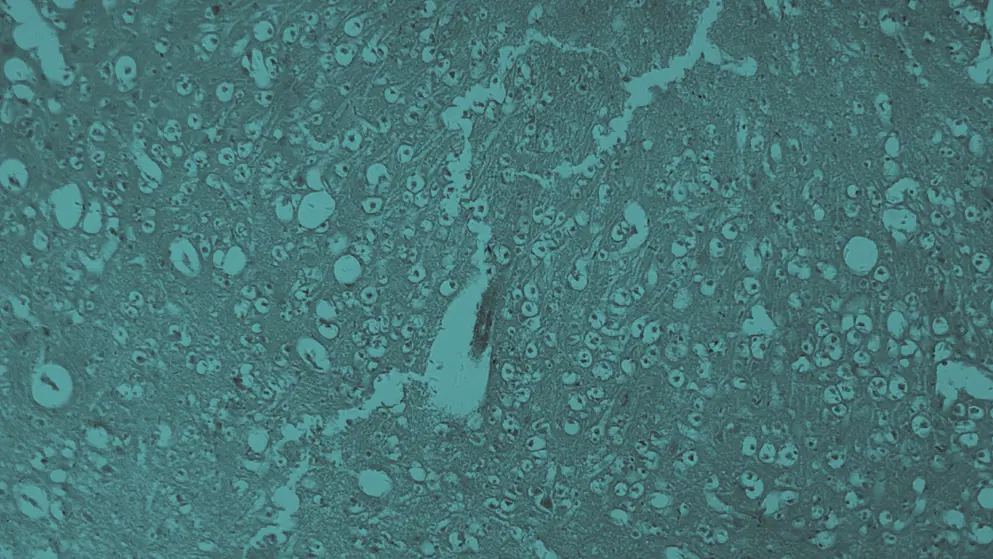
Depression
Depression, or major depressive disorder (MDD), is a common and serious mood disorder characterized by persistent low mood and loss of interest, accompanied by a range of emotional and physical symptoms. These can significantly impair occupational, social, and cognitive functioning.
The etiology is multifactorial, involving genetic predisposition, neurobiological alterations, and psychosocial stressors. Dysregulation of neurotransmitters, particularly serotonin, norepinephrine, and dopamine, has been implicated in its pathophysiology.
Diagnosis is clinical and based on DSM-5 criteria, which require five or more symptoms to be present for at least 2 weeks, including one of either depressed mood or anhedonia. Other symptoms may include changes in weight, sleep disturbances, fatigue, psychomotor changes, feelings of worthlessness or excessive guilt, impaired concentration, and recurrent thoughts of death or suicide.
Treatment typically involves psychotherapy, pharmacotherapy, or both. Selective serotonin reuptake inhibitors (SSRIs) are first-line pharmacological agents. Cognitive behavioral therapy (CBT) and interpersonal therapy (IPT) are common psychotherapeutic approaches. In treatment-resistant cases, electroconvulsive therapy (ECT) or newer interventions, such as transcranial magnetic stimulation (TMS), may be considered.
How prevalent is depression?
Globally, depression affects approximately 300 million people and remains a leading cause of disability. About 9.5% of American adults experience a depressive illness, with higher rates in adolescents.
Who is at increased risk of depression?
Risk factors include a personal or family history of mood disorders, certain personality traits (e.g., low self-esteem, pessimism), exposure to trauma or chronic stress, chronic medical conditions, substance misuse, identifying as LGBTQ+ in unsupportive environments, and certain medications.
What tools are used to screen for depression?
Diagnosis is based on clinical history and mental state examination, as no definitive laboratory test exists for MDD. However, tools such as the Patient Health Questionnaire-9 (PHQ-9) are widely used. Laboratory tests may exclude medical conditions that can mimic depressive symptoms.
Developed by EPG Health for Medthority, independently of any sponsor.

